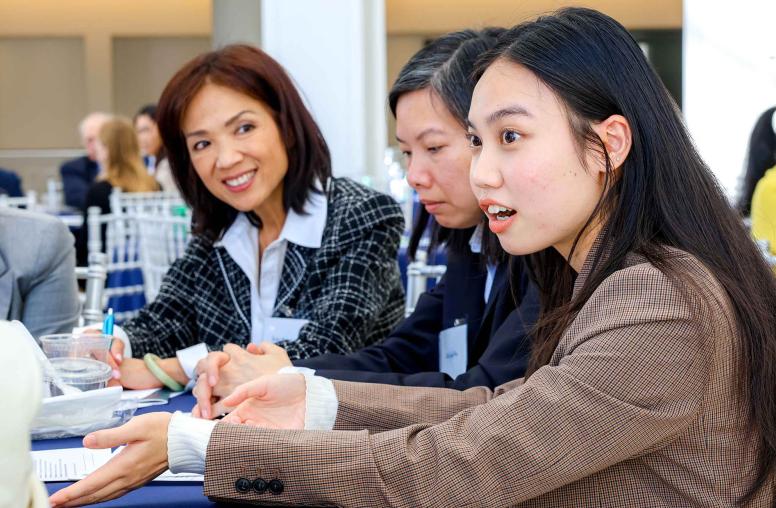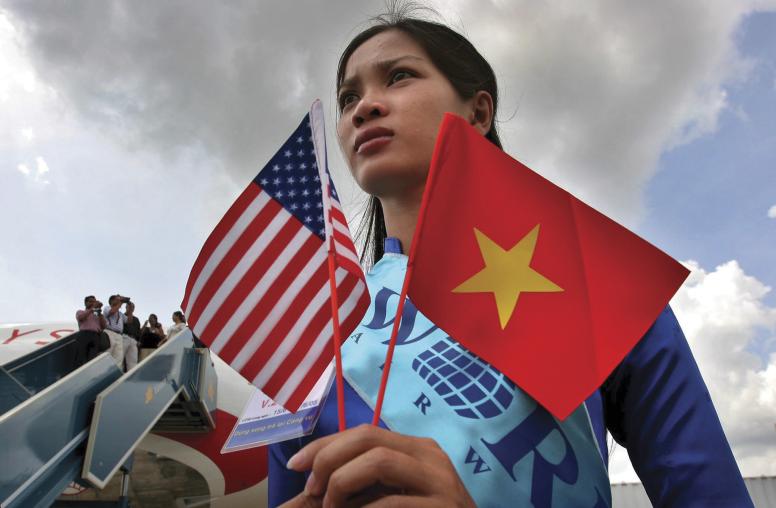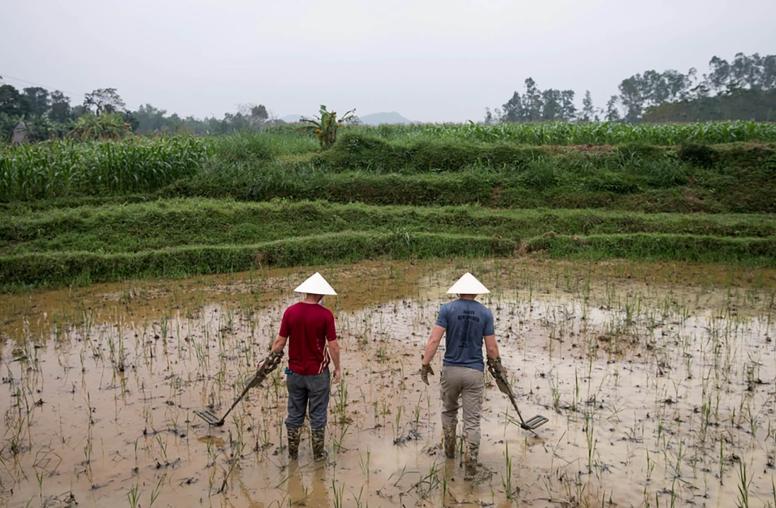Agent Orange Victims in Vietnam: Their Numbers, Experiences, Needs, and Sources of Support
Between 1961 and 1971, US forces sprayed an estimated 12 million gallons of Agent Orange in Vietnam. The effects remain one of the most contentious legacies of the Vietnam War. This report focuses on the hardships faced by Vietnamese people living with Agent Orange–related health problems and disabilities and suggests ways the US and Vietnamese governments can better address the legacy of Agent Orange to provide support to individuals and families, and to strengthen bilateral relations.

Summary
- US-Vietnam cooperation in addressing the consequences of the use of Agent Orange during the Vietnam War has achieved remarkable progress, but much remains to be done to assist and reconcile with the multiple generations of Vietnamese affected.
- Assistance for Agent Orange victims in Vietnam is provided by multiple international and nongovernmental actors. As of 2023, the US Congress has allocated more than $139 million for health and disability programs in eight provinces heavily sprayed with Agent Orange. These programs receive mostly positive feedback from participants, despite their limited scope.
- The Vietnamese government supports people affected by Agent Orange through general disability assistance and preferential treatment for those who participated in the war. However, this support does not meet the needs of all families and is not available to some subsets of victims.
- To better address the health and disability effects of Agent Orange, Vietnam should develop a single preferential policy that applies to all cases and better inform international partners and donors. US policymakers should increase funding for and expand the scope of health and disability services, including livelihood and psychological support for affected people.
About the Report
This report examines the experiences of Vietnamese people affected by Agent Orange and other herbicides used by the US military during the Vietnam War and the assistance that has been provided to them by Vietnam and the United States. The report is based on the author’s document-based research and interviews with Vietnamese people affected by Agent Orange and representatives of agencies and organizations that provide assistance. Research was supported by the Southeast Asia program at the United States Institute of Peace.
About the Author
Phan Xuân Dũng is a research officer in the Vietnam Studies Program at the ISEAS-Yusof Ishak Institute in Singapore and a former young leader at the Pacific Forum, a foreign policy research institute in Honolulu. He received his MSc in Asian studies from the S. Rajaratnam School of International Studies and a BA in international relations from Tokyo International University. His research interests include Vietnam War legacies and Indo-Pacific geopolitics.



